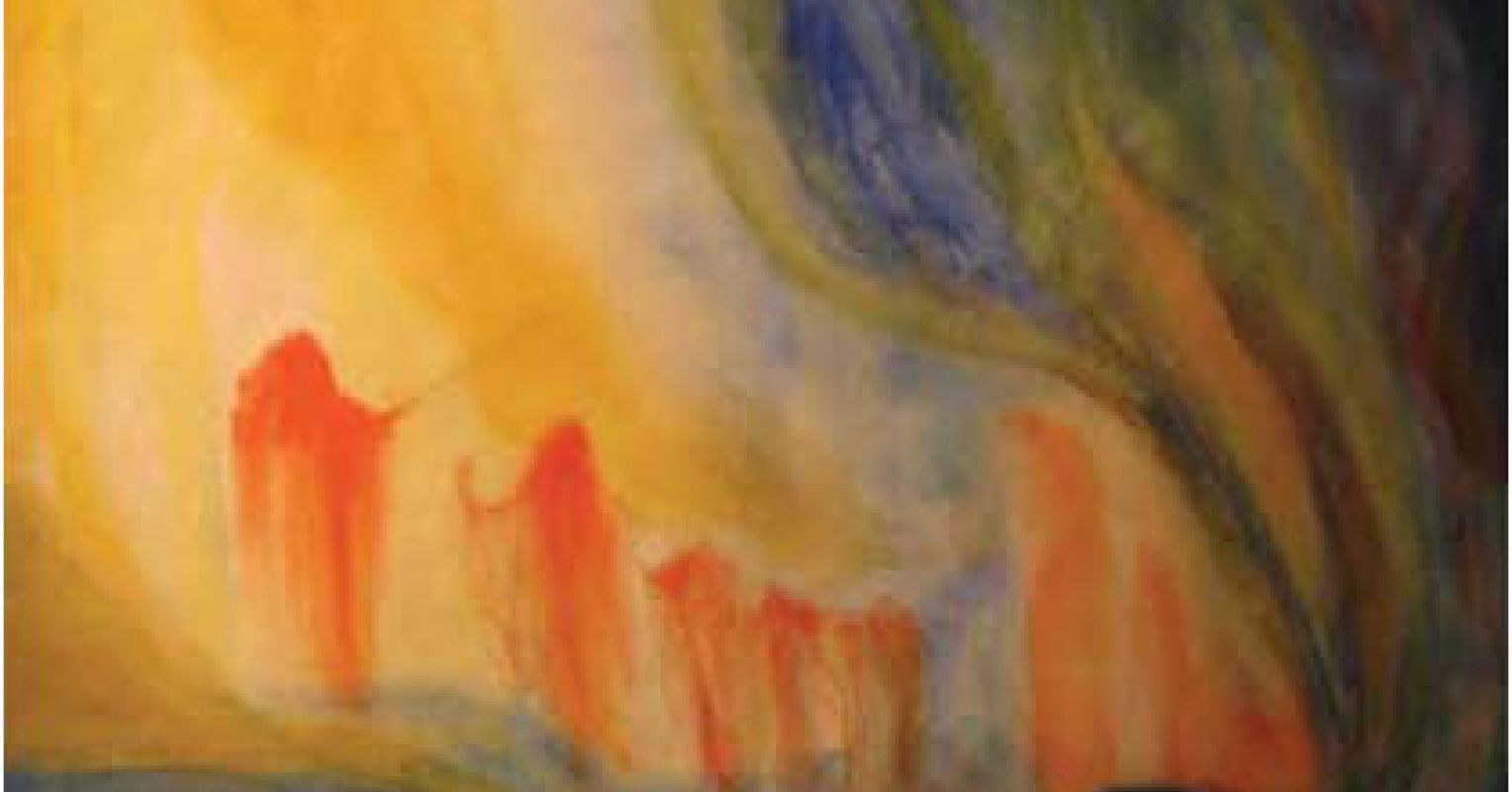
"The cave symbolizes mental entrapment in illusions, reflecting cultural narratives and emotional defenses that influence perceptions and hinder true understanding."
"Modern 'caves,' such as digital echo chambers, reinforce biases and obstruct critical reflection, perpetuating distorted views and limiting awareness."
"Psychological freedom requires confronting discomfort, revising rigid beliefs, and sharing insights with others, despite the challenges of transitioning from illusion to integrated awareness."
"Plato's cave allegory emphasizes the struggle between shadowy illusions and the pursuit of genuine truth, illustrating the painful journey towards psychological liberation."
Plato's cave allegory represents a dual metaphor for mental barriers shaped by culture, emotions, and unquestioned beliefs. It illustrates the journey of a prisoner who breaks free from chains, ascending toward genuine truth symbolized by the sun. The process of achieving psychological freedom involves confronting discomfort and overcoming early experiences, media, and societal influences. Revelations about reality often lead to disbelief or mockery among those still immersed in their own shadows. Psychological insight necessitates transforming rigid beliefs and sharing newfound awareness with others, emphasizing the value of critical reflection in combating modern digital echo chambers.
Read at Psychology Today
Unable to calculate read time
Collection
[
|
...
]